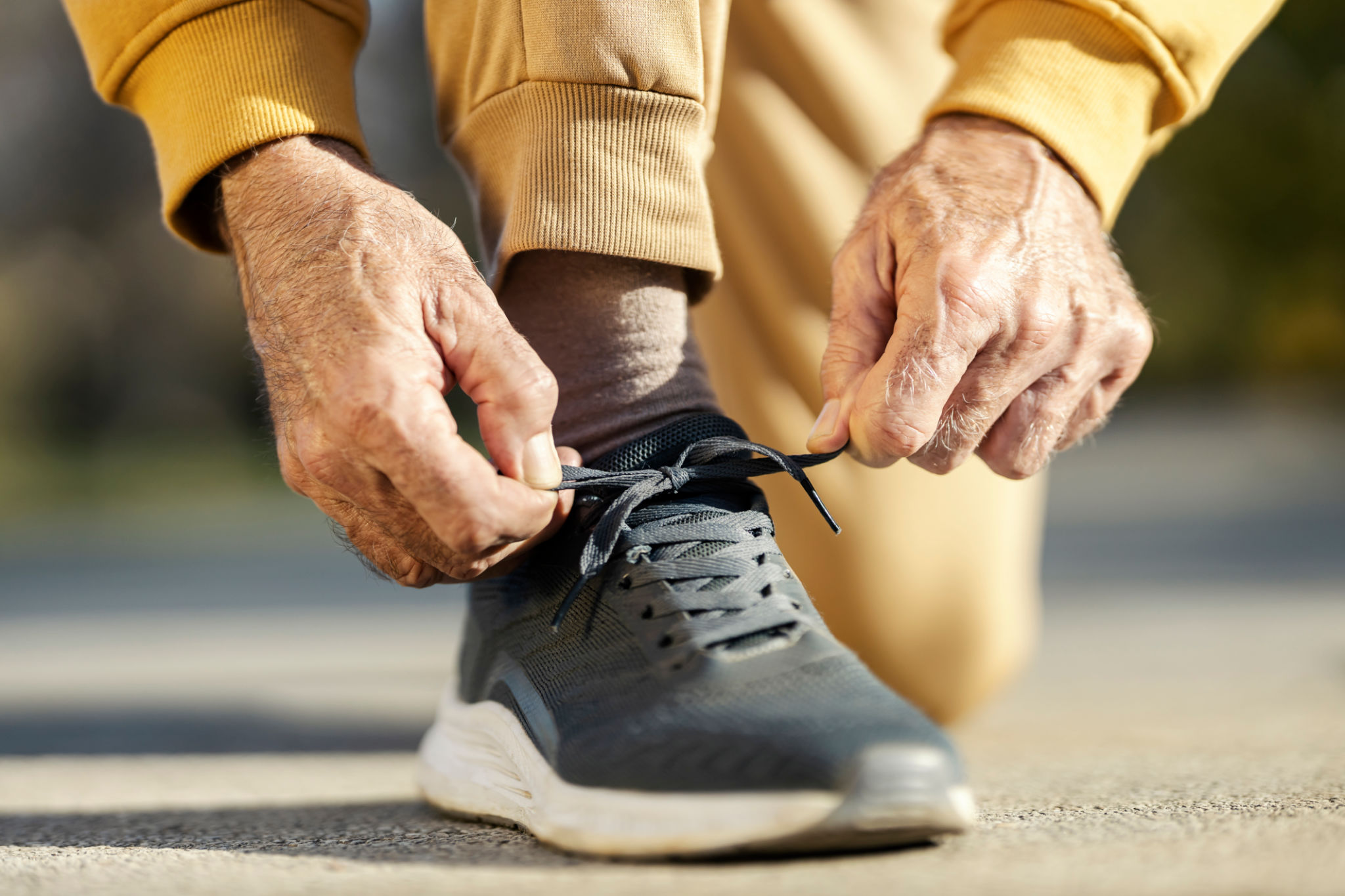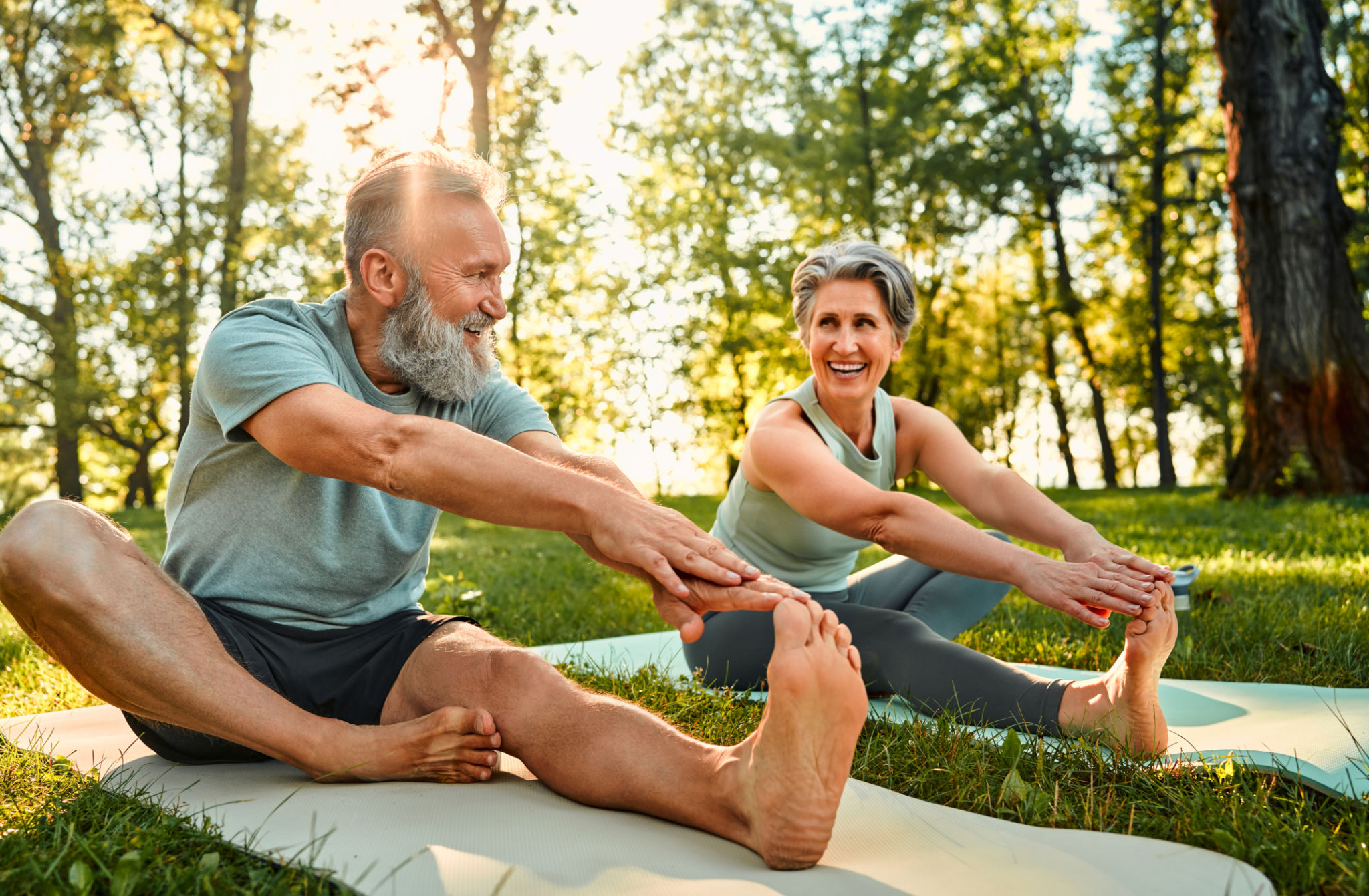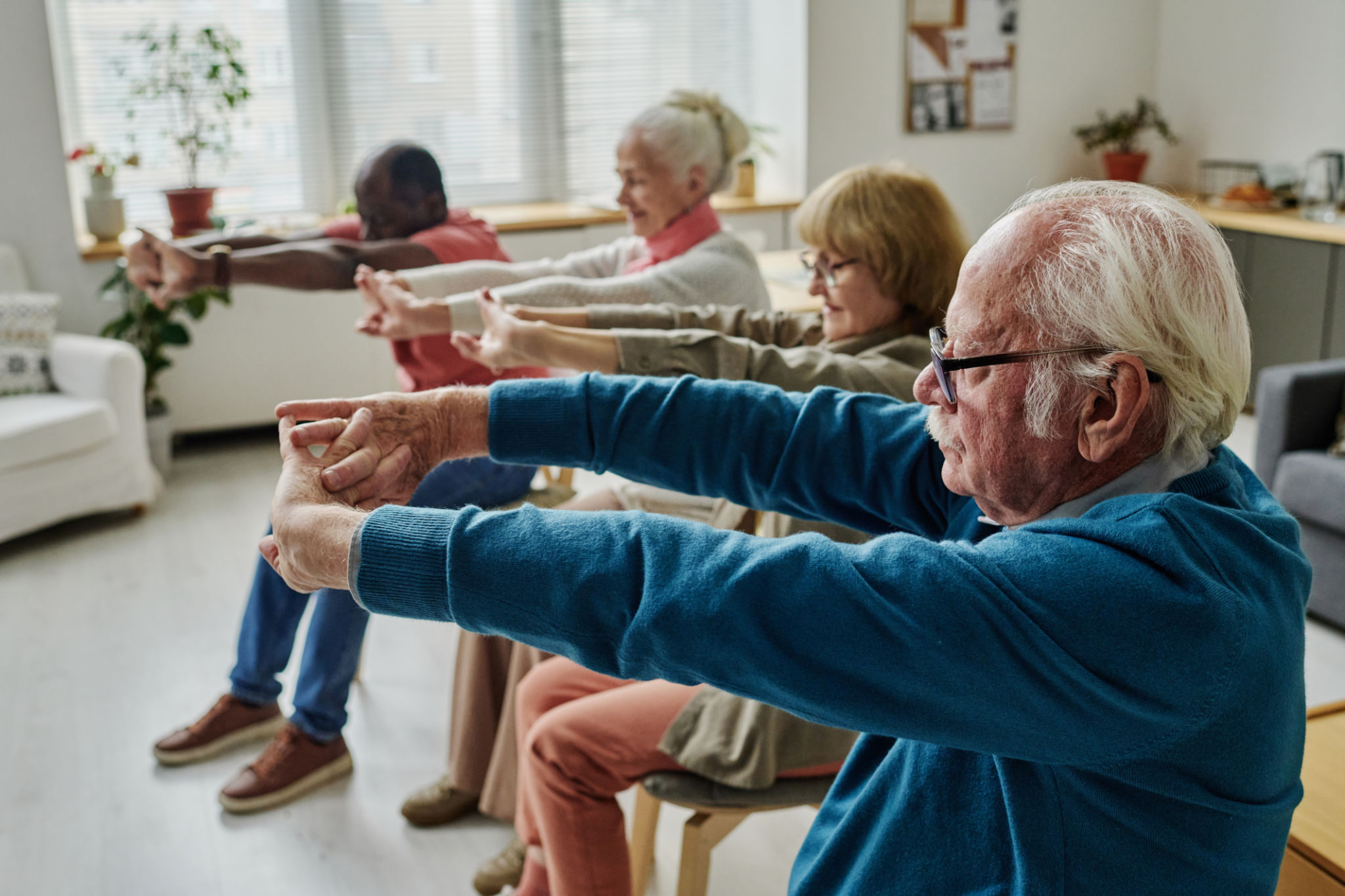Expert Advice: Overcoming Common Fitness Challenges for the 50+ Age Group
Understanding the Importance of Fitness After 50
As we age, maintaining an active lifestyle becomes even more critical to ensure not just longevity but also quality of life. For those in the 50+ age group, regular exercise can help manage weight, reduce the risk of chronic diseases, and improve mental health. However, embarking on a fitness journey later in life can come with its own set of challenges. Understanding these challenges and learning how to overcome them is crucial for sustained success.

Overcoming Physical Limitations
One of the primary concerns for older adults is dealing with physical limitations, such as arthritis, joint pain, or decreased flexibility. It's essential to choose low-impact exercises that are gentle on the joints while still providing cardiovascular and strength benefits. Activities such as swimming, walking, and cycling are excellent choices for maintaining fitness without exacerbating existing conditions.
Engaging in regular stretching and flexibility exercises can also help improve range of motion and decrease the likelihood of injury. Incorporating yoga or tai chi into your routine can be particularly beneficial, as they focus on gentle movements and breathing techniques that promote relaxation and overall well-being.

Staying Motivated and Consistent
Maintaining motivation can be challenging at any age, but it can be particularly difficult when starting a new fitness routine later in life. Setting realistic goals and tracking progress can be powerful motivators. Consider keeping a fitness journal or using a mobile app to monitor your achievements and milestones.
Additionally, finding a workout buddy or joining a group class can provide social interaction and accountability, making it easier to stay committed. Many local community centers offer classes specifically designed for seniors, which can be a great way to meet new people while staying active.

Navigating Health Concerns
Before starting any new exercise program, it's essential to consult with a healthcare provider, especially if you have pre-existing health conditions. A doctor can provide personalized advice and help identify any potential risks or modifications needed in your fitness plan. Working with a certified personal trainer who has experience with older adults can also ensure that exercises are performed safely and effectively.
Listening to your body is crucial. If you experience pain or discomfort during exercise, it's important to stop and assess the situation. Pushing through pain can lead to injuries that may sideline your progress for weeks or even months.
Balancing Diet and Nutrition
Nutrition plays a significant role in supporting an active lifestyle, particularly as we age. Ensuring a balanced diet rich in whole grains, lean proteins, fruits, and vegetables can provide the necessary nutrients to fuel workouts and aid recovery. Staying hydrated is equally important, as dehydration can have more pronounced effects on older adults.
Supplements may be beneficial for some individuals, but they should be used with caution and ideally under the guidance of a healthcare professional. Calcium and vitamin D are commonly recommended supplements for bone health, but individual needs may vary.

Reaping the Benefits of an Active Lifestyle
The rewards of overcoming fitness challenges in the 50+ age group are vast. Regular exercise can lead to improved cardiovascular health, enhanced mental clarity, better sleep patterns, and increased energy levels. Beyond physical benefits, engaging in regular physical activity can foster a sense of achievement and boost self-esteem.
Remember that it's never too late to start prioritizing your health. By adopting a positive mindset and addressing common challenges head-on, you can pave the way for a healthier, more active future.